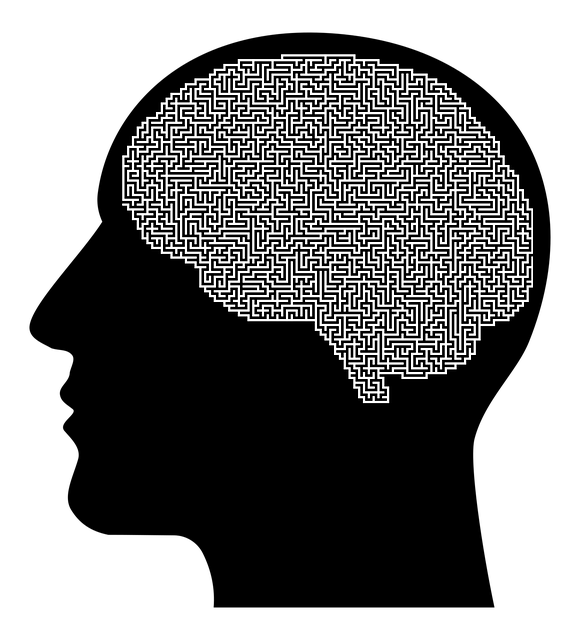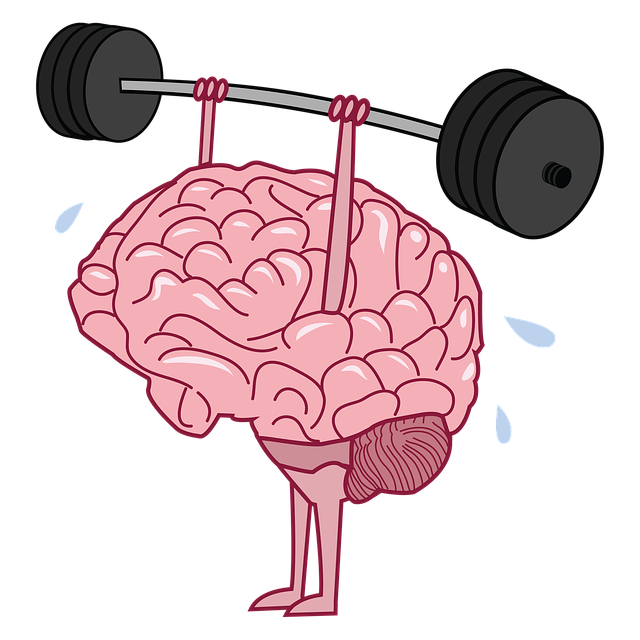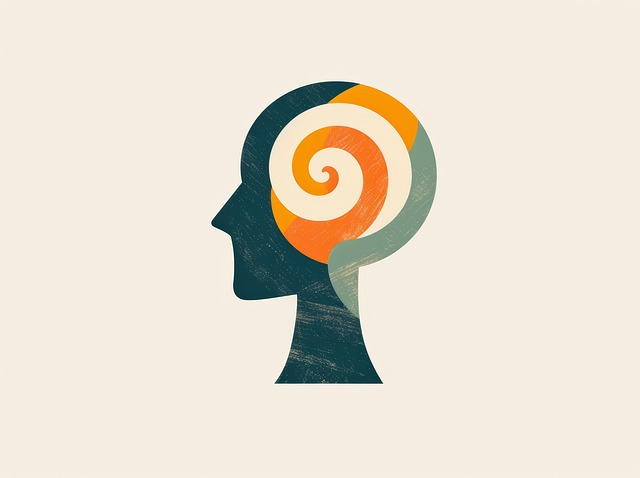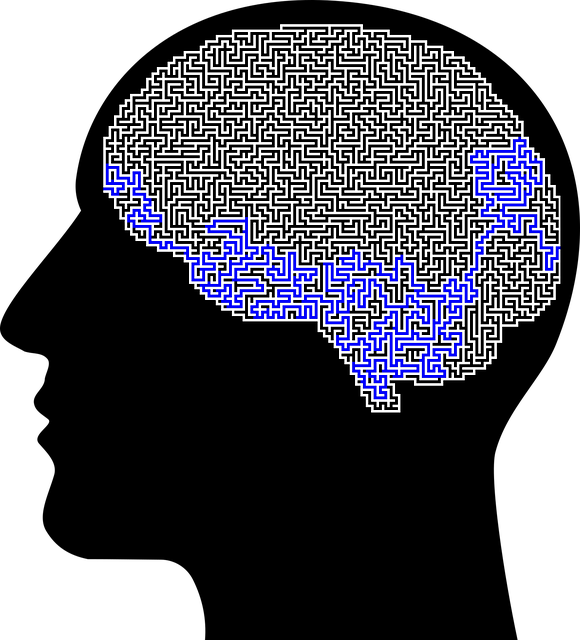Mental illness diagnoses face challenges due to subjectivity and diverse presentations. Integrating Arvada Dialectical Behavioral Therapy (DBT) offers a tailored solution, combining cognitive-behavioral therapy with mindfulness to enhance assessment accuracy. DBT focuses on self-care and skills like emotion regulation, improving patient mood and interpersonal effectiveness. This approach, supported by rigorous training and collaboration, leads to more precise diagnoses, benefiting both professionals and clients.
Mental illness diagnoses often face challenges due to complexity and subjective nature. This article explores efforts to enhance accuracy, focusing on innovative approaches like Arvada Dialectical Behavioral Therapy (DBT). We delve into the current landscape, highlighting challenges in diagnosis and presenting DBT as a game-changer. Through enhanced training, collaboration among professionals, and ongoing support, diagnosis accuracy can be significantly improved. Learn how these strategies are revolutionizing mental health care, particularly with the integration of Arvada DBT therapy.
- Understanding Mental Illness Diagnoses: The Current Landscape and Challenges
- Integrating Arvada Dialectical Behavioral Therapy (DBT): A Innovative Approach
- Enhancing Diagnosis Accuracy: Training, Collaboration, and Ongoing Support
Understanding Mental Illness Diagnoses: The Current Landscape and Challenges

Mental illness diagnoses are a complex and multifaceted process, with numerous challenges impacting accuracy. The current landscape involves professionals relying on subjective assessments, self-reported symptoms, and standardized questionnaires to make determinations. While this approach has its merits, it can also lead to misdiagnoses or delayed treatment due to the nuanced nature of mental health conditions. Each individual’s experience is unique, influenced by personal factors, cultural contexts, and intermingled symptoms that may overlap between disorders.
Moreover, the field faces a significant challenge in adequately addressing the diversity of mental wellness presentations. The one-size-fits-all approach often fails to account for individual differences, especially when considering cultural and socioeconomic backgrounds. Enhancing diagnosis accuracy demands a more tailored strategy, such as integrating evidence-based practices like Arvada Dialectical Behavioral Therapy (DBT), which focuses on self-care routine development for better mental health. By fostering self-care practices alongside traditional therapy, professionals can gain deeper insights into an individual’s experiences and create more precise diagnoses.
Integrating Arvada Dialectical Behavioral Therapy (DBT): A Innovative Approach

In recent years, there has been a growing recognition of the need to improve mental illness diagnosis accuracy. One innovative approach gaining traction is Integrating Arvada Dialectical Behavioral Therapy (DBT). DBT, developed by Dr. Marsha Linehan, combines cognitive-behavioral therapy with concepts from mindfulness and acceptance-based strategies. This comprehensive therapy has proven effective in treating a range of mental health conditions, including borderline personality disorder, depression, and anxiety.
By integrating Arvada DBT into diagnostic practices, mental health professionals can enhance their ability to accurately assess and understand patient experiences. The structured nature of DBT provides a framework for clinicians to teach patients valuable skills in emotion regulation, distress tolerance, interpersonal effectiveness, and mindfulness—skills that can significantly impact overall mental wellness. This approach not only improves diagnosis accuracy but also empowers individuals to manage their mental health more effectively through the Mental Wellness Podcast Series Production and other educational initiatives aimed at raising Mental Health Awareness. Moreover, Risk Management Planning for Mental Health Professionals can benefit from DBT’s emphasis on self-care and resilience, ensuring that care providers are better equipped to support their clients.
Enhancing Diagnosis Accuracy: Training, Collaboration, and Ongoing Support

Improving mental illness diagnosis accuracy is a multifaceted approach that involves rigorous training, collaborative efforts, and ongoing support for healthcare professionals. One effective strategy is incorporating specialized therapies like Arvada Dialectical Behavioral Therapy (DBT). DBT focuses on skill-building to enhance mood management, reduce burnout prevention, and improve interpersonal effectiveness, all of which contribute to more precise assessments.
Through interdisciplinary collaboration, mental health professionals can ensure a holistic understanding of patient symptoms, behaviors, and experiences. This collaborative environment fosters Mental Health Awareness, enabling more accurate diagnoses by integrating diverse perspectives. Ongoing support through supervision, peer review, and continuous education helps maintain high standards in diagnosis, especially considering the dynamic nature of mental health conditions.
Mental illness diagnosis accuracy has long been a complex issue, but with innovative approaches like Arvada Dialectical Behavioral Therapy (DBT), significant improvements are within reach. By integrating cutting-edge techniques and fostering collaboration among healthcare professionals, we can enhance diagnostic precision, ultimately leading to more effective treatments and improved patient outcomes. These efforts ensure that individuals struggling with mental health issues receive the accurate care they deserve.














